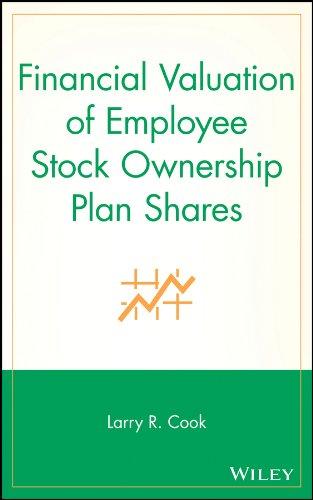Answered step by step
Verified Expert Solution
Question
1 Approved Answer
Financial Statement Analysis Project ACCT3303 The specific purposes of this project are: 1. Apply to actual companies the basic knowledge and analytical techniques learned from
Financial Statement Analysis
Project
ACCT3303
The specific purposes of this project are:
1. Apply to actual companies the basic knowledge and analytical techniques learned from our course.
2. Prepare common-size financial statements, comparative financial statements, and various profitability and risk ratios.
3. Compare the calculated results with competitors and across different years.
4. Summarize the analyses and make investment recommendations.
You will be analyzing the following firms:
a. Lowe's Companies, Inc. (LOW)
b. The Home Depot, Inc. (HD)
For your convenience, the financial statements of these companies are uploaded on the Blackboard. Please use them to prepare common-size financial statements and comparative financial statements.
Guidance
The required tasks are detailed below:
(1) Prepare vertical common-size income statements and balance sheets for both companies. Note: Use Total Sales and Total Assets as the denominators for income statement and balance sheet, respectively. Compute for the 2018, 2017, and 2016 and a three year average. That is, you will have 4 columns of numbers on the balance sheet and on the income statement.
(2) Prepare horizontal analyses (comparative income statement and balance sheet) for both companies. Note: the base year is 2016 for income statement and balance sheet. You should compute for 2018, 2017, and 2016, and a three year average. That is, you will have 4 columns of numbers on the balance sheet and on the income statement.
(3) Prepare ratio analyses (for the same three year time period) for both companies. You will compute the following ratios:
Profitability ratios:
o Gross Profit margin
o Operating expense margin
o Profit margin
o Return on assets
o Return on equity
Productivity ratios:
o Accounts Receivable Turnover
o Days Sales Outstanding
o Inventory Turnover
o Days inventory outstanding
o Accounts Payable turnover
o Days payable outstanding
o Cash Conversion Cycle
o PPE Turnover
Coverage ratios:
o Total liabilities-to-equity
o Total debt to equity
o Cash from operations to total debt
o Times interest earned
Liquidity ratios:
o Current Ratio
o Quick Ratio
(4) Comment on the analytical results of the two companies based on your work in excel. Your comments should concentrate on the trends across the companies and in the industry. Also discuss strategy perspectives, including evaluating and identifying their future strategies.
In addition to contrasting the ratios between the companies, you should interpret the numbers and make suggestions as to why the ratio of one company might be higher/lower than the other.
You should provide a summary of the financial performance of the firms, as well as a recommendations section where you provide suggestions for ways to improve financial performance of the firms. (e.g., if a ratio is low for a particular reason, what are some ways the company may correct that in the future?)
Note: General discussions of the ratios are given in our textbook, which will help you structure your comments.
(5) Write a conclusive summary on the firms you have studied. Based upon your conclusions, recommend the better performing firm for potential investment. Your conclusions should be based upon, and specifically reference, the analyses prepared in this report.
(6) Read sample project to get some ideas.
Report Format Requirements:
A. Report body requirements:
1. Cover page. List the title of the project, your names, and semester/year. Also please indicate each group members contribution to this project. (For example, student Acomplete common-size statement; student B complete financial ratios, etc.)
2. Abstract or Executive Summary. This is a separate page. It should cover the purpose of the project, the major findings, and the conclusions/recommendations, in summary form.
3. Table of Contents.
4. Main body. Use the following sequence for report content:
a. Introduction to the two companies and to the purpose of the report
b. Analytical section. This should include all your numerical analyses. This is where you will discuss the results of, comments on, and conclusions about the common-size statements, comparative analysis (i.e., change of percentage analysis), and the ratio analyses for both companies.
c. Comparisons of companies and all other analysis (observations and/or interpretations). (You may combine b and c if you wish, as long as both are well covered.)
d. Conclusions and recommendation for investment.
5. References. List all major reference sources.
6. Appendices.
a. Include tables and graphs of your numerical analyses.
For both companies, you should report:
common-size statements,
Step by Step Solution
There are 3 Steps involved in it
Step: 1

Get Instant Access to Expert-Tailored Solutions
See step-by-step solutions with expert insights and AI powered tools for academic success
Step: 2

Step: 3

Ace Your Homework with AI
Get the answers you need in no time with our AI-driven, step-by-step assistance
Get Started


